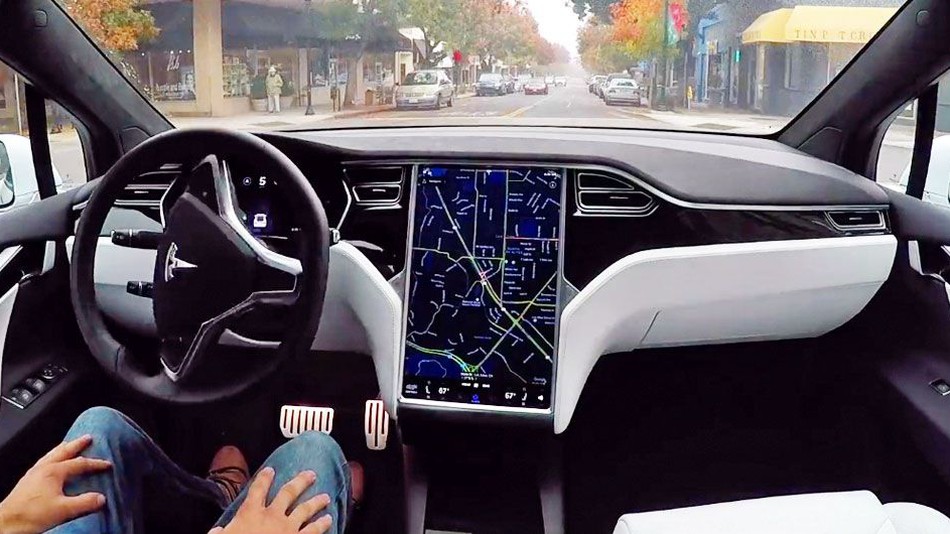Five Democratic U.S. senators urged changes to a stalled landmark bill aimed at speeding the deployment and testing of self-driving cars.
“We are concerned that the bill indefinitely preempts state and local safety regulations even if federal safety standards are never developed,” wrote Senators Dianne Feinstein, Richard Blumenthal, Kirsten Gillibrand, Tom Udall and Ed Markey.
The bill would clear hurdles for automakers to get thousands of cars on the road without human controls. But it only applies to fully self-driving cars, not to vehicles that have systems like autopilot that handle some driving tasks.
The Democrats’ letter said “exemptions from current safety standards should be temporary and reviewable” and added the bill should “not interfere with traffic laws and other traditional state or local responsibilities.”
The letter to the bill’s sponsors, Republican John Thune and Democrat Gary Peters, also raised concerns the bill did not address issues with cars that have partial automation, citing the National Transportation Safety Board investigation “of an accident that may have been caused by a driver’s overreliance on a partially automated system.”
In January, the NTSB and National Highway Traffic Safety Administration said they were sending investigators to examine the crash of a Tesla Inc vehicle, apparently traveling in semi-autonomous mode, and a fire truck in California.
The senators’ letter said the “bill should at least require vehicles with partial automation to also be subject to safety evaluation reports. This would help assure safety.”
Without the assent of the Democrats, the bill could require several days of time on the Senate floor – at a time when many other issues and nominations are vying for limited floor time.
Thune, who chairs the Commerce Committee, said last Wednesday he thought the bill will win overwhelming support if it gets to the floor. “If we don’t move, there’s going to be a lot of confusion and uncertainty,” he said.
Earlier this month, major automakers joined forces with tech companies and various interest groups to urge the Senate to take up the self-driving bill before the end of May.
More than 100 advocates of the bill cited the “potential lives that could be saved” in urging quick action, noting human error was a factor in about 94 percent of all U.S. vehicle crashes.
In September, the U.S. House of Representatives unanimously passed a measure that would allow automakers to win exemptions from safety rules that require human controls. The Senate Commerce Committee approved a similar bill in October.






